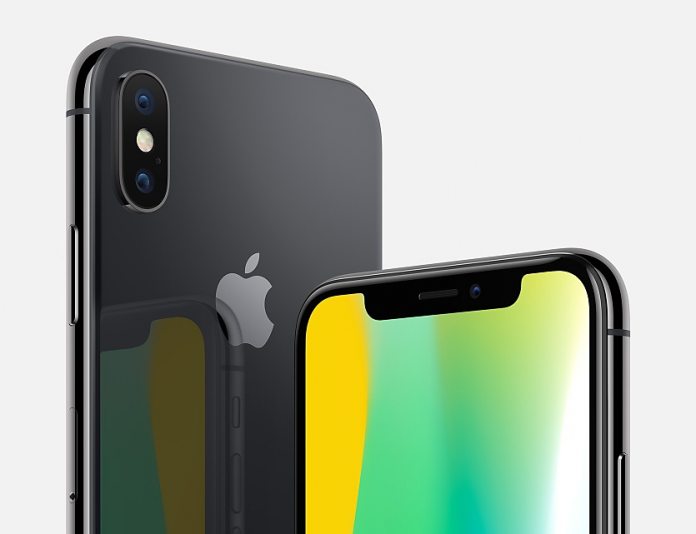The scam was simple, either showing guile from the perpetrators or how easy it is to catch Apple out. Zhou and Jiang brought the fake iPhones into the United States, and then filed warranty complaints on them to Apple claiming they would not turn on. As is Apple’s policy, the company sent out real iPhone replacements for the fake devices. Zhou and Jiang would then ship the devices to customers in China at a discounted price but still at huge profit for themselves. Both students are in the U.S. legally on F-1 visas Prosecutors say 3,069 fake phones were brought into the country and submitted to Apple for warranty claims. While Apple did not replace each device it did return 1,493 genuine iPhones. The company says it calculates phones lost through fraud at $600 per units. Doing the quick math shows the company lost $895,800 to the simple but effective plan. Considering Zhou and Jiang sold those handsets for a similar amount, they made a significant amount of money from the scam.
Inspection
What’s interesting is that Apple actually had the fake iPhones in its possession. You may just think the company doesn’t check returns and that’s why this happen. However, that’s not the case as the company did inspect the devices and returned 1,576 of them to Zhou and Jiang stating no replacements could be issued because of tampering. In other words, Apple could not figure out they were fake iPhones. As for Zhou and Jiang, both claim they had no idea the smartphones were fake. The pair will now go to trial where Jiang is charged with trafficking in counterfeit goods and wire fraud. Punishments mean he could face up to 10 years in prison, a fine of up to $2,000,000, or both. Zhou has been charged with “submitting false or misleading information on export declaration.” That leads to a fine of up to $10,000, or five years in prison, or both.




